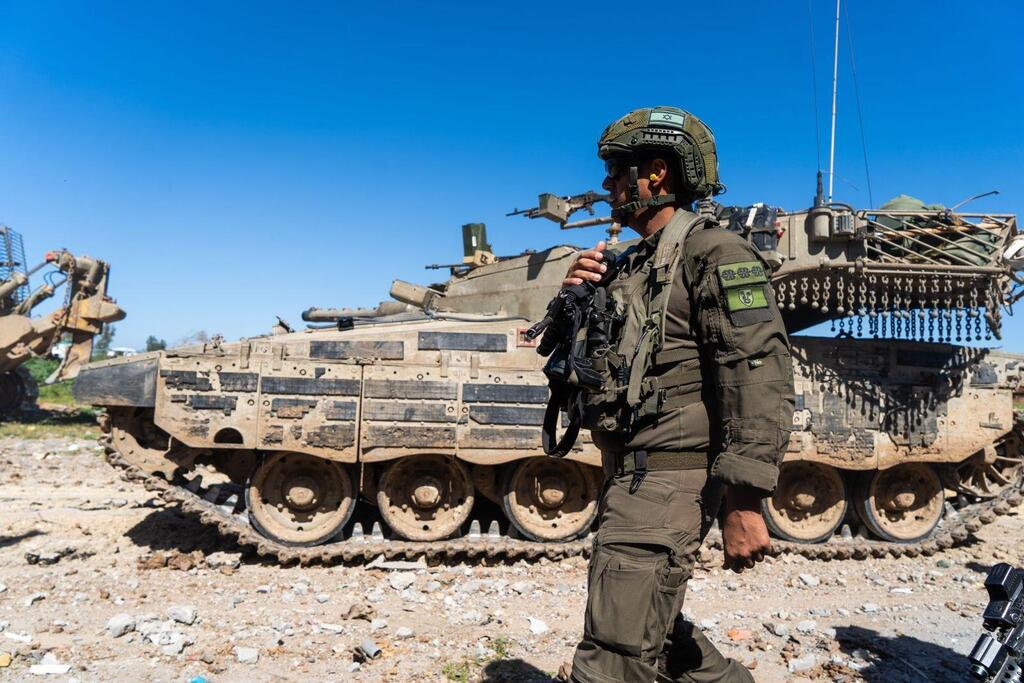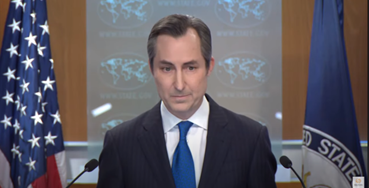Getting your Trinity Audio player ready...
The United States, along with more than a dozen countries, suspended its funding to the United Nations Relief and Works Agency for Palestine Refugees in the Near East (UNRWA) in January after Israel accused 12 of the agency's 13,000 employees in Gaza of participating in the deadly October 7 Hamas massacre.
Read more:
The UN has launched an investigation into the allegations, and UNRWA fired some staff after Israel provided the agency with information on the allegations. The U.S., UNRWA's largest donor, providing $300-$400 million annually, wants to see the inquiry's results and the corrective measures taken before it will consider resuming funding. Even if the pause is lifted, only about $300,000 of the appropriated funds would be released to UNRWA. Anything more would require congressional approval.
Bipartisan opposition in Congress to funding UNRWA makes it unlikely the United States will resume regular donations anytime soon, even as countries such as Sweden and Canada have said they will restart their contributions. A supplemental funding bill in the U.S. Congress that includes military aid to Israel and Ukraine and is supported by the Biden administration, contains a provision that would block UNRWA from receiving funds if it becomes law.
U.S. officials say they recognize "the critical role" UNRWA plays in distributing aid inside the densely-populated enclave that has been brought close to famine by Israel's assault over the past five months. "We have to plan for the fact that Congress may make that pause permanent," State Department spokesperson Matthew Miller told reporters on Tuesday. Washington has been looking at working with humanitarian partners on the ground, such as UNICEF and the World Food Program (WFP), to continue giving aid.
However, officials are aware that UNRWA is hard to replace. "There are other organizations that are now providing some distribution of aid inside Gaza, but that is primarily the role that UNRWA is equipped to play that no one else is due to their long-standing work and their networks of distribution and their history inside Gaza," Miller said.
'UNRWA is a front'
A few Senate Democrats, including Senator Chris Van Hollen, along with some progressive House members, have opposed an indefinite ban on funding to UNRWA. But any new funding would need the support of at least some Republicans, who hold a majority in the House of Representatives. Many have expressed their opposition to UNRWA. "UNRWA is a front, plain and simple," Republican lawmaker Brian Mast, chairman of the House Foreign Affairs Subcommittee on Oversight and Accountability, said in a statement.
"It masquerades as a relief organization while building the infrastructure to support Hamas ... It is literally funneling American tax dollars to terrorism," Mast said. UNRWA was established in 1949 by a U.N. General Assembly resolution, after the war that followed Israel's founding, when 700,000 Palestinians fled or were driven from their homes. Today it directly employs 30,000 Palestinians, serving the civic and humanitarian needs of 5.9 million descendants of those refugees, in the Gaza Strip, West Bank, and vast camps in neighboring Arab countries.
In Gaza, UNRWA runs the enclave's schools, its primary healthcare clinics, and other social services, and distributes humanitarian aid. William Deere, director of UNRWA's Washington Representative Office, told Reuters that U.S. support accounts for one-third of UNRWA's budget. "That's going to be very hard to overcome," he said. "Please remember that UNRWA is more than Gaza. It's health care, education, and social services. It's East Jerusalem, the West Bank, Jordan, Syria, Lebanon.
4 View gallery


IDF is fighting Hamas in Gaza and preventing civilian deaths
(Photo: IDF Spokesperson's Unit)
Civilians and terrorists from Gaza's terror organization, led by Hamas, which administers Gaza, killed 1,200 people in the October 7 massacre and took more than 250 hostages, alive and dead. Israel declared war on Hamas and has been operating since in a densely populated area, fighting the terror organization. According to the Gazan Hamas-controlled health ministry, more than 31,000 Palestinians have died as a result of the war.





